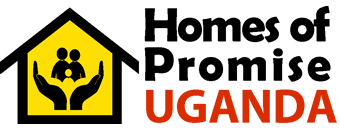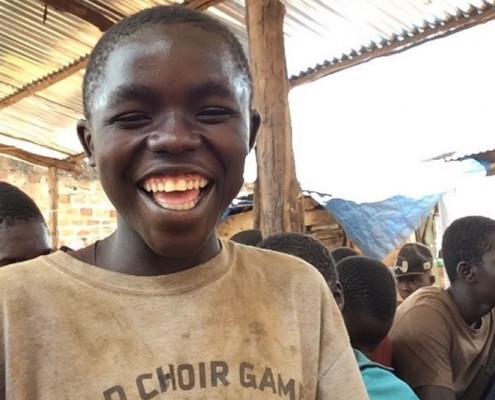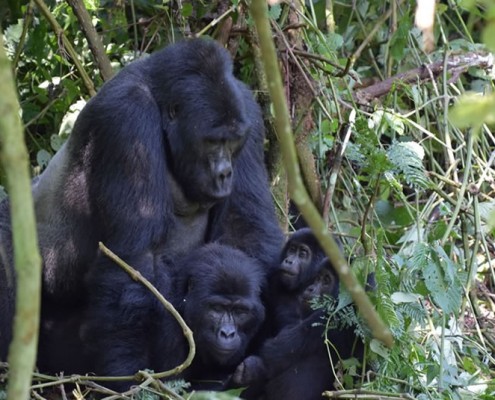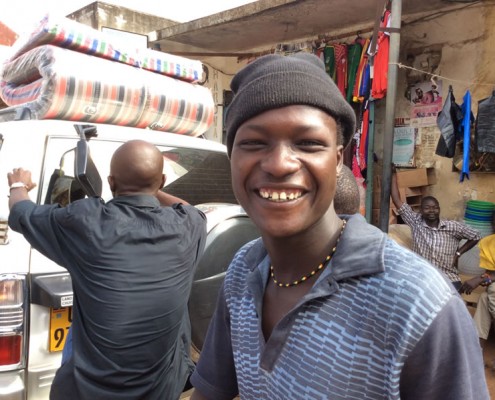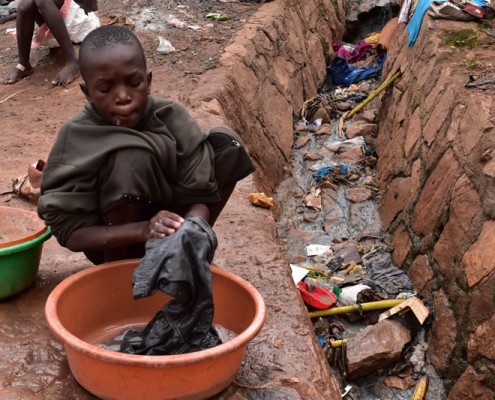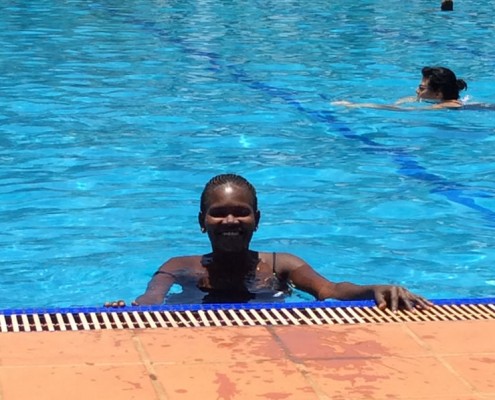About Uganda
“The Lord bless you and keep you; the Lord make his face shine on you and be gracious to you; the Lord turn his face toward you and give you peace.” Numbers 6 v24-26
Uganda – once described by Sir Winston Churchill as the Pearl of Africa — is a land-locked country of 93,072 square miles in the east of the continent. It borders South Sudan to the north, Kenya in the east, the Democratic Republic of Congo (DRC) in the west, and Tanzania and Rwanda to the south. Uganda’s capital city is Kampala and the currency is the Ugandan Shilling (UGX) with approx. 5,000 UGX equal to £1 sterling.
Uganda’s position on the Equator ensures a fairly constant all year round temperature of between 27 and 31 degrees Celsius, but during the rainy season there are torrential tropical downpours, sometimes lasting two or three hours, when everyone and everything has to stop.
The official population is 42 million, but birth registration is not in place everywhere so the true figure could be much higher. Half the population is aged under 15 years, so everywhere you go you are greeted by smiling children! Sadly, however, life expectancy is only 55 years. There are hundreds of different tribes within districts and at least 10 different languages throughout the country. Tribal customs in the districts vary, but often they appear to understand each other, so perhaps it is just a question of different accents and dialects, rather than completely different languages.
Uganda has an extensive agricultural economy, with the production of coffee, sugar, tea, rice, millet, maize, matoke [plantain], sweet potatoes, Irish potatoes, cotton and almost every fruit and vegetable you can imagine. Lake Victoria, the largest lake in Africa, is another source of wealth, providing tilapia (fish) to nearby towns.
There are many beautiful places to visit in Uganda, including The Murchison Falls, Queen Elizabeth National Park and Bwindi Impenetrable Forest – so described because of its dense bamboo. There are also the Sipi Falls, Kidepo Valley and Mburo National Parks, Mount Elgon and Rwenzori Mountains, which offer leisure pursuits like rafting, as well as watching wildlife, including gorillas, in their natural habitat.
In the capital, Kampala, there is high unemployment as many people from the villages come looking for work. This has led to people being crammed into small accommodation in the slum areas. Malaria is prevalent and HIV/Aids affects seven percent of the population, leaving many children as orphans. But in spite of their difficult life and the despair and hopelessness of many of the population, Uganda is known as the happiest nation in east Africa and all generations greet each other with smiles.
Upon arrival in Kampala the visitor can be overwhelmed by the amount of traffic – mainly the “boda-bodas” (small motorbikes) and taxis, (minibuses). Walking is often the safest option, as the boda-bodas are ridden in all directions with little respect for the rules of the road! They will carry anything and everything from a coffin to a pig for the right price. Taxis should seat a maximum of 14 people but frequently manage to cram in more than 20. Then there are the hundreds of 4x4s with ramming bars on the front, though whether they are for attack or defence is anyone’s guess!
The taxis sometimes have a ‘Word’ on the front or back proclaiming “Trust God, Jesus is Lord”, or “Praise Allah”, acknowledging God’s existence and His claim on our lives – we can either choose to ignore or to embrace Him.
Through the work of Homes of Promise we seek to embrace God in all that we are and do.
Our latest news









